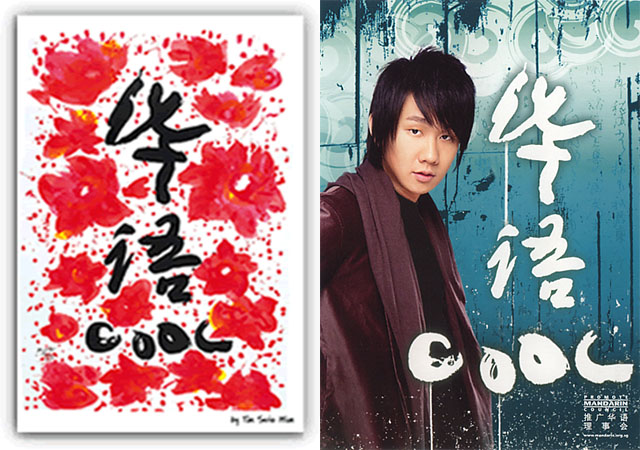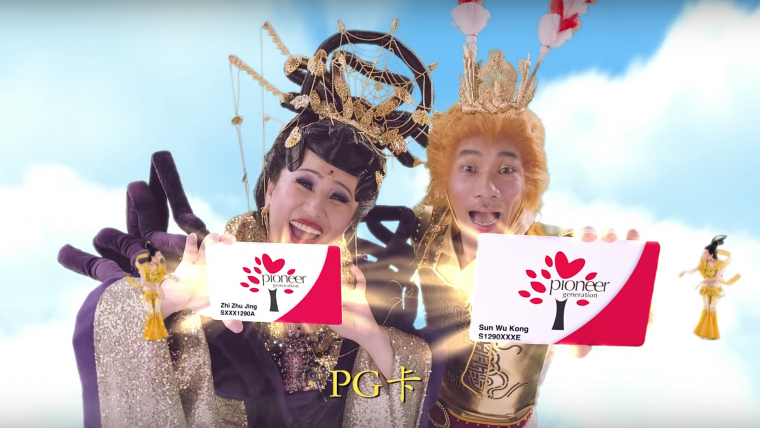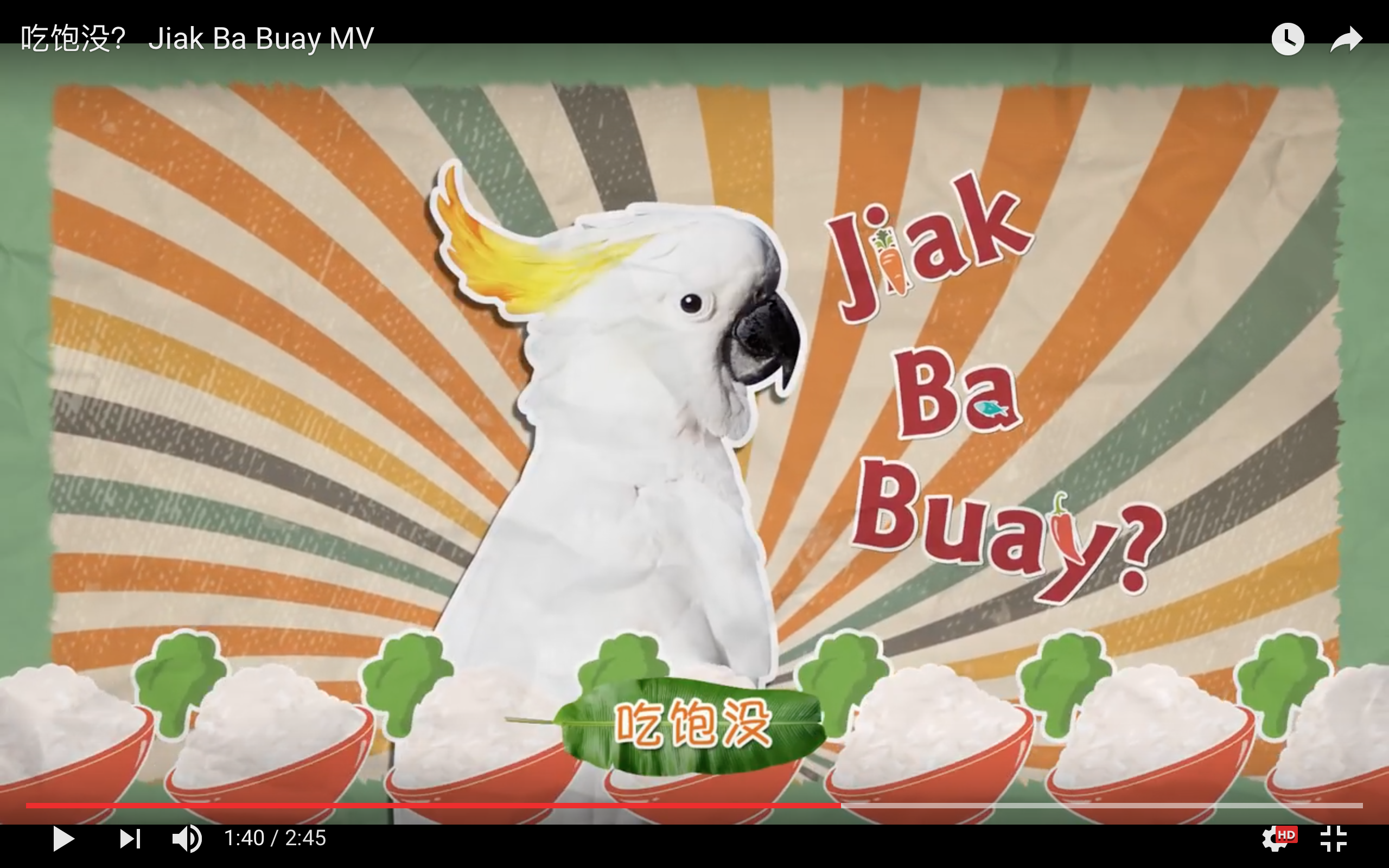Starting this Friday, Sep 9, a new locally-made Hokkien drama (Jiak Ba Buay or Eat Already?) will air weekly on Channel 8, probably making it the first local Chinese dialect drama to air since 1979.
If you haven't watched the drams's theme song MV, here it is:
Aside from the insanely catchy theme song, the show will also boast a Hokkien-speaking cast featuring long-time Channel 8 regulars Aileen Tan and Li Yinzhu. Aimed at Hokkien-speaking senior citizens, the show will help to communicate various policies such as MediShield Life and Silver Support Schemes.
More than 30 years of waiting
This Hokkien drama has been long due. Since the introduction of the Speak Mandarin Campaign (SMC) in 1979, the government had resolved to unify local Chinese with one single language. In order to achieve this, we had to give up the language of our grandparents because it was deemed that we could not learn English, Mandarin AND dialects without sacrificing proficiency in individual languages.
 Cool JJ says Mandarin is cool. 2006 SMC campaign poster. Source.
Cool JJ says Mandarin is cool. 2006 SMC campaign poster. Source.
In a speech given during a certificate presentation to officers who completed a Mandarin Proficiency Course in 1981, Lee Kuan Yew mentioned:
I underline the government’s determination that nobody should use dialects. Indeed wise parents will never let their children speak dialect at all . . . The more one learns dialect words, the less space there is for Mandarin words or English words, or multiplication tables or formulas in mathematics, physics or chemistry.
Soon after, dialect programming on free-to-air TV was wiped out altogether. Well, not totally - in 2003 during the Severe Acute Respiratory Syndrome (SARS) outbreak, the Media Development Authority (MDA) relaxed the dialect ban to allow for dialect programming which disseminated health information to the dialect-speaking elderly.
Still, MDA's Free-To-Air Television Programme Code clearly states that:
All Chinese programmes, except operas or other programmes specifically approved by the Authority, must be in Mandarin. Dialects in dialogues and songs may be allowed provided the context justifies usage and is sparingly used. (Free-To-Air Television Programme Code Part 13.4)
While there is wiggle room for the use of dialects in current affairs programming and drama theme songs, dialect programming on free-to-air television is largely non-existent. However, overseas dramas from Hong Kong and Taiwan filmed in Cantonese and Hokkien respectively have been aired on cable television.
A sign of better things to come?
Over time, there has been a gradual shift in attitudes towards dialect use, but not for entertainment purposes. Similar to the use of dialects in pushing out health advisories for the elderly during SARS, the Government employed the use of dialects in creating Hokkien, Cantonese, and Teochew videos to disseminate policy information about the Pioneer Generation benefits in 2015. Similarly, the Jiak Ba Buay drama was created to spread awareness of Government schemes among the elderly.
Curtailing the use of dialects and using it only when you want to talk about the awesome Pioneer Generation card is not the way to ensure the survival of our dialects. If dialects are only used as a tool of convenience, we will lose out on the heritage value they offer.
 Screen grab from Youtube video.
Screen grab from Youtube video.
Also consider that this generation of senior citizens is likely to be the only one left who can converse fluently in Mandarin dialects. Over time as the dialect user base shrinks, coupled with low exposure via the media, we will likely end up losing these languages altogether.
Preserving our Father Tongue is an uphill process and screening dialect shows on free-to-air channels is one way we can work towards that end. Perhaps this new Hokkien drama is a sign of better things to come. Jiak Ba Buay anyone?
More articles for your Hokkien fix:
Free dialect classes in campaign to “revitalise” use of dialects among young S’poreans
Here are 300 Hokkien animal names, because who knows, you might need it in S’pore some day
Top photo taken from Youtube screengrab.
If you like what you read, follow us on Facebook and Twitter to get the latest updates.
If you like what you read, follow us on Facebook, Instagram, Twitter and Telegram to get the latest updates.
